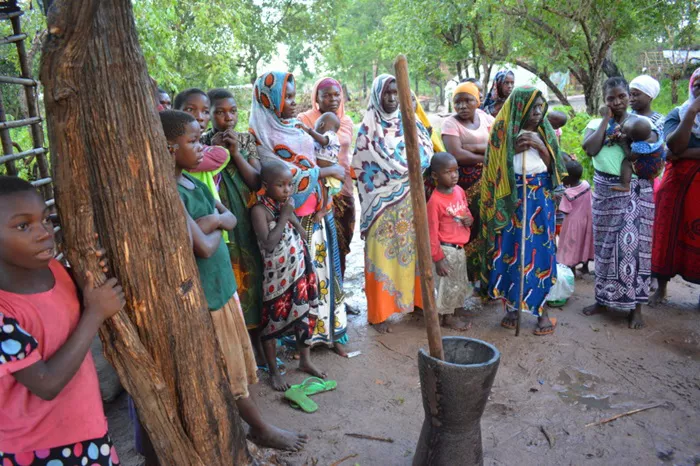Recent studies indicate that climate change is contributing to heightened health risks for pregnant women worldwide. Rising temperatures, increased air pollution, and more frequent extreme weather events are factors linked to adverse pregnancy outcomes, raising concerns among healthcare professionals and researchers.
Experts warn that exposure to heatwaves during pregnancy can lead to complications such as preterm birth, low birth weight, and even stillbirth. Additionally, air pollution, intensified by climate-related factors, has been associated with increased risks of respiratory problems and developmental issues in newborns. Vulnerable populations, especially those in low-income regions with limited access to healthcare and cooling resources, face the greatest threats.
Dr. Maria Chen, a maternal-fetal medicine specialist, explained, “Pregnancy is a critical period where environmental stressors can significantly impact both maternal and fetal health. Climate change exacerbates these stressors, creating new challenges for prenatal care.”
Beyond direct health effects, climate-related disasters such as floods and hurricanes disrupt healthcare services and reduce access to prenatal care, further endangering pregnant women and their babies. Public health officials emphasize the need for integrated strategies that address environmental protection and maternal health simultaneously.
To mitigate these risks, health agencies recommend increased monitoring of environmental conditions, enhanced education for expectant mothers about heat and pollution exposure, and improved infrastructure to support vulnerable communities during extreme weather events.
As climate change continues to evolve, understanding its impacts on pregnancy is critical to safeguarding the health of future generations.
Related Topics

































